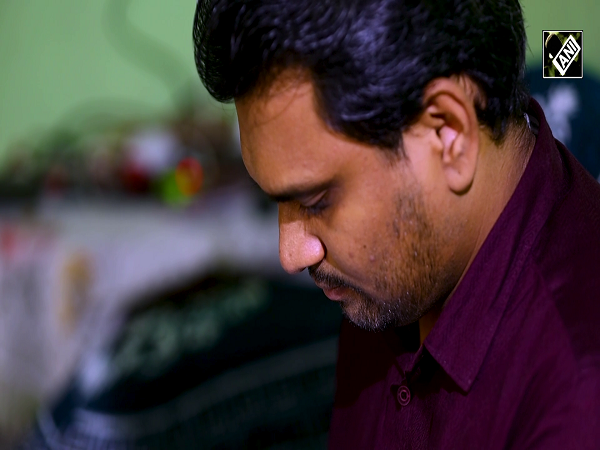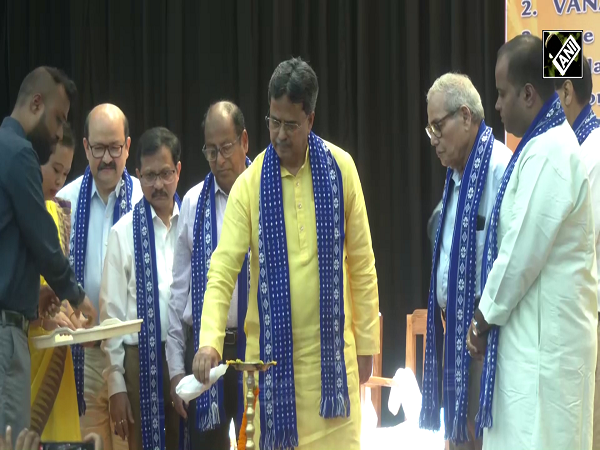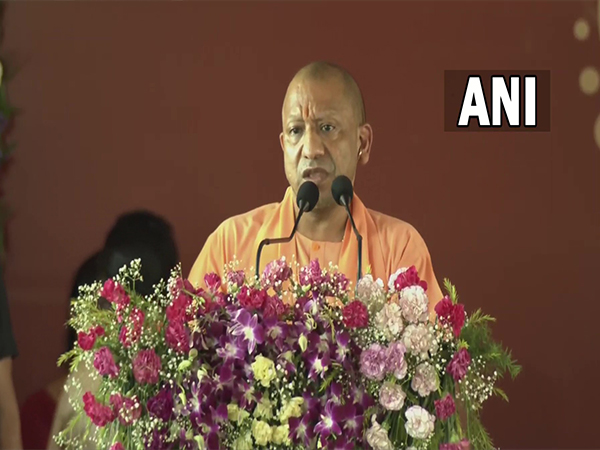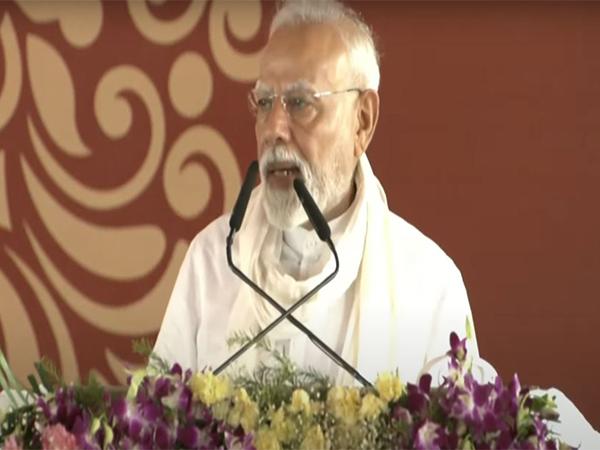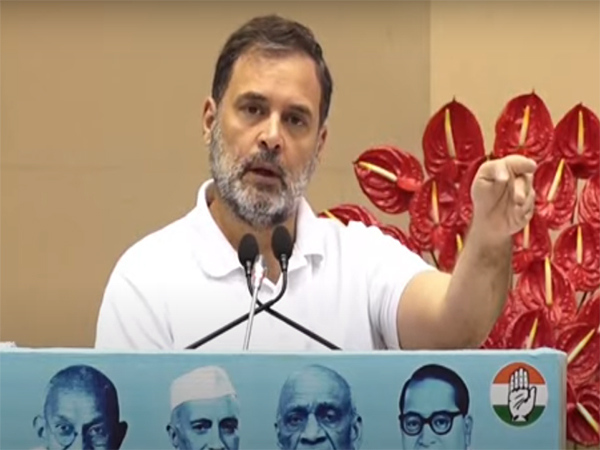
ICC inducts Graeme Smith, Hashim Amla, Daniel Vettori into Hall of Fame
Jun 09, 2025
London [UK] June 9 : South African veteran batters Graeme Smith, Hashim Amla, and former New Zealand captain Daniel Vettori have been inducted into the ICC Hall of Fame, according to the ICC website.
With over 17,000 international runs and a prevalent leader for the Proteas for a bulk of his career, Graeme Smith has been enshrined in the ICC Hall of Fame.
His captaincy exploits were matched by his batting brilliance, and the left-hander ended with the most wins as a Test captain (53) while also finishing with 17,236 runs in international cricket.
In 347 matches across all formats, Smith has made 17,236 at an average of 42.34 with a strike of 69.10, including 37 centuries and 90 fifties, and a big score of 277.
Amla's tally of almost 19,000 international runs for South Africa has been recognised with his induction into the ICC Cricket Hall of Fame. With 55 international centuries to his name and selected six times across the ICC Team of the Year across formats, Amla is regarded as one of the first three-format greats.
In 349 matches across all formats, Amla has made 18672 runs at an average of 46.56 and a strike rate of 65.01, including 55 centuries and 88 fifties.
"It is an honour to be inducted into the ICC Hall of Fame, especially alongside Graeme. The Hall of Fame includes some of the most celebrated players in the history of cricket, all of whom have big achievements. Such recognition feels surreal, and I am really thankful," Amla said on the recognition.
Kiwi legendary left-arm spinner Daniel Vettori has also been inducted into the ICC Cricket Hall of Fame.
Finishing with more than 700 international wickets and close to 7000 international runs, Vettori's career was defined by adaptability, intelligence, and understated excellence with bat and ball.
Vettori paved out an excellent career as a player and was one of just three players to score 4,000 runs and take 300 wickets in Test cricket.
His 362 Test wickets - the most by any New Zealander, barring Sir Richard Hadlee and Tim Southee - came through accuracy, subtle variation, and reading batters rather than turn alone.

















